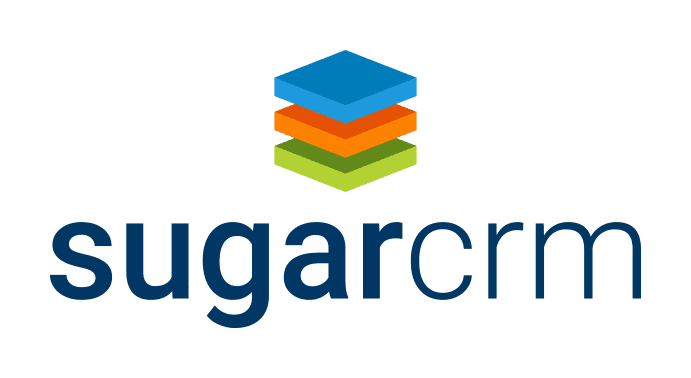Companies navigating today’s economic landscape are more dependent on technology to solve routine business issues than ever before. These modern technology solutions put incredible power in an organization’s reach, but when there’s a dependency on centralized hardware, companies risk losing their ability to do business altogether if critical computer systems fail.
Network crashes, system lockups, power outages, natural disasters – anything that disrupts the normal business flow and causes downtime can result in significant losses, particularly for small businesses that can’t afford to miss a single sale. With intelligent cloud solutions to mitigate these risks, companies can protect their business when technological disruptions occur.
Downtime Threats
Technological disruptions can result from various circumstances that are sometimes impossible to predict and avoid. A notable example of this occurred in February, when a dangerous winter storm swept across Texas, freezing natural gas pipelines that fueled power grids. The resulting disruption affected more than 3 million Texans, with 45 gigawatts of power completely knocked offline for several days.
Events that trigger downtime are not unique to environmental disruption or regions that experience extreme weather events. Regardless of what caused the interruption, there is one guarantee: until rectified, a technology disruption delivers continuous shocks to a company’s status quo. All companies need critical strategies to mitigate the negative impact of unpredictable downtime incidents, and part of the strategy includes the cloud.
Cloud Solutions for Business Continuity
One of the most effective approaches for mitigating downtime issues is implementing cloud-based technology into company ERP solutions. Cloud-based ERP solutions drastically reduce an organization’s reliance/dependency on centralized physical hardware, minimizing the risk posed by equipment failure, power outages, ransomware attacks, and other costly downtime incidents.
Cloud ERP solutions like Sage Intacct provide businesses with a measure of independence from outdated electrical infrastructure and expensive on-site ERP equipment, giving companies the tools they need to make sure business can continue under almost any circumstance. Losing power shouldn’t grind business to a halt – and cloud ERP solutions work to ensure that doesn’t happen.
Reducing Downtime Caused by Cyberattacks
If your organization processes and maintains personal identification data (like driver’s license numbers, Social Security numbers, dates of birth, email addresses, etc.) or protected health information, you are at risk of falling victim to a cybersecurity breach.
It’s 2021, see why you should move to the cloud this year!
Ransomware attacks, in particular, have exploded recently – a specific kind of cybersecurity threat in which criminal hackers infiltrate company systems, encrypt data to prevent normal operation, and hold businesses hostage until the company meets ransom demands. Not only does the company experience significant downtime losses while responding to the ransomware attack, but recovering from these attacks can be a lengthy and expensive process that even further impacts operations.
Cybersecurity experts recommend cloud-based ERP solutions as part of a comprehensive cybersecurity plan. Cloud ERP solutions provide an extra layer of protection, utilizing advanced AI technologies to monitor critical systems, verify credentials, and secure digital environments. In addition, routine redundant imaging backups stored on cloud servers dramatically reduce the amount of time it takes to restore business systems – cutting recovery downtime from days and weeks to minutes and hours.
Pro-tip: Don’t sacrifice functionality by committing to subpar accounting software or inferior ERP products. As AICPA’s (the Association of International Certified Professional Accountants) first and only preferred provider, Sage Intacct gives users cloud ERP solutions with deep industry capabilities and feature-rich updates per year.
Get Your Head in the Clouds
Investing in a cloud ERP solution for your business is an essential step in maintaining operational longevity and overall company security. While organizations should actively work to eliminate downtime events from occurring, they should also have a plan to deal with these events when they happen.
Cloud ERP solutions tackle each front simultaneously by reducing a company’s dependency on centralized hardware and drastically decreasing the amount of time/resources needed to restore damaged systems. As small businesses move into the future, it isn’t easy to imagine them doing so successfully without eventually transitioning to elevated cloud ERP solutions.

